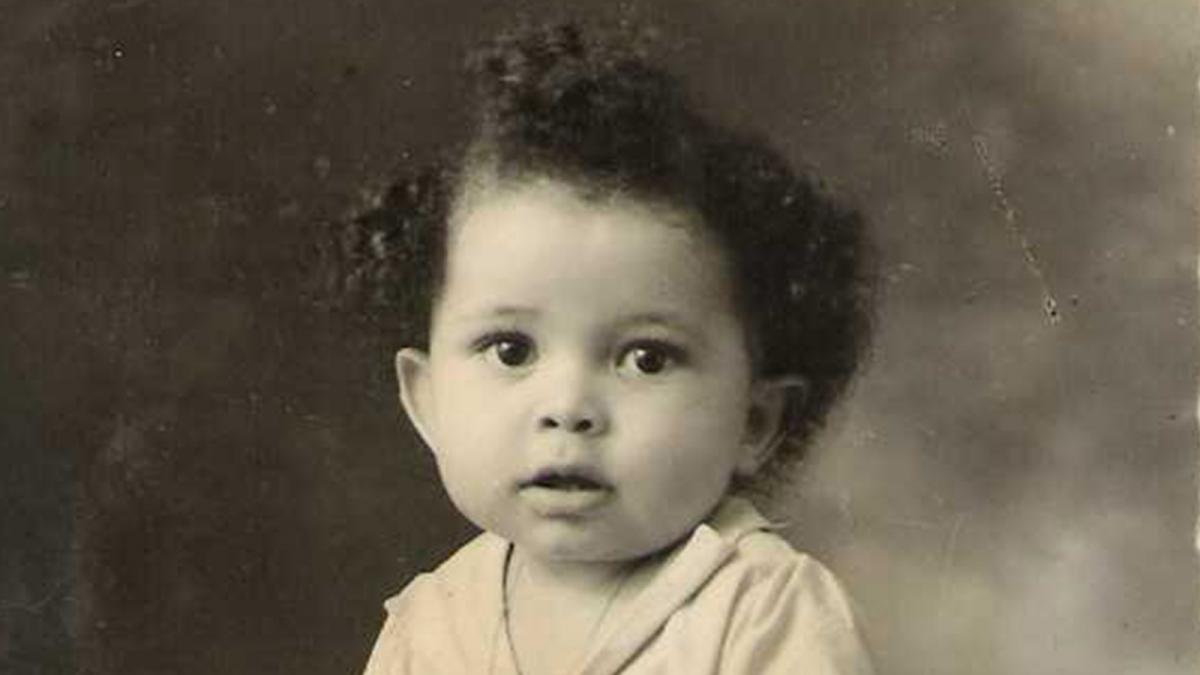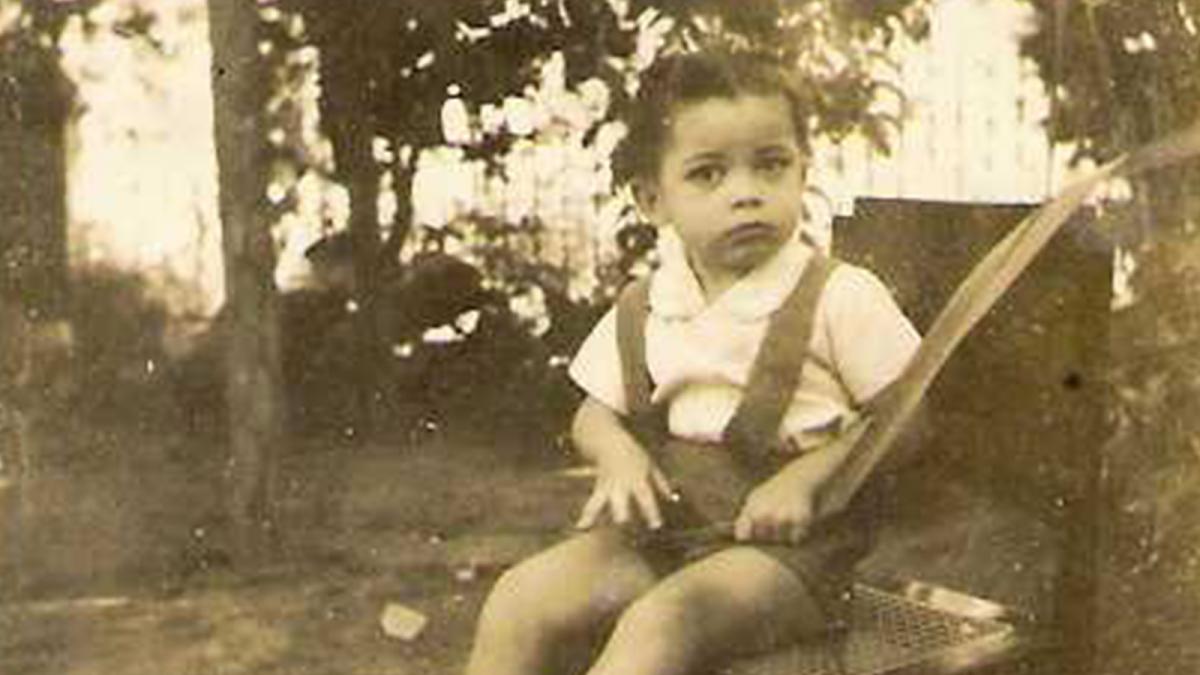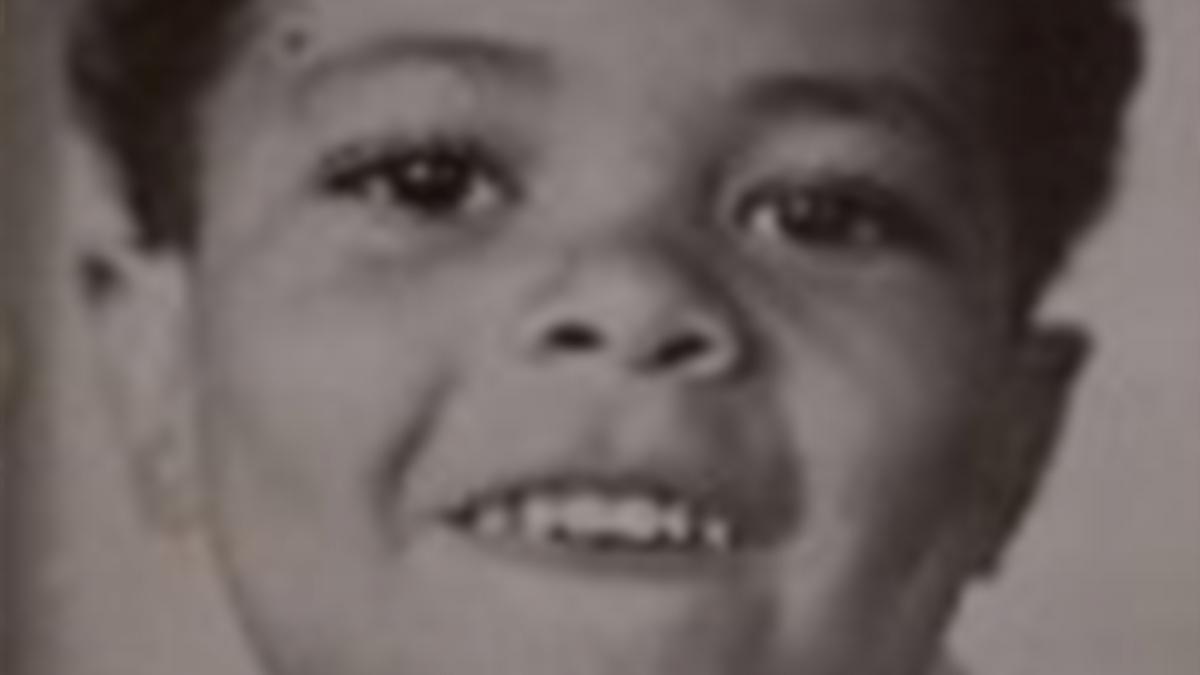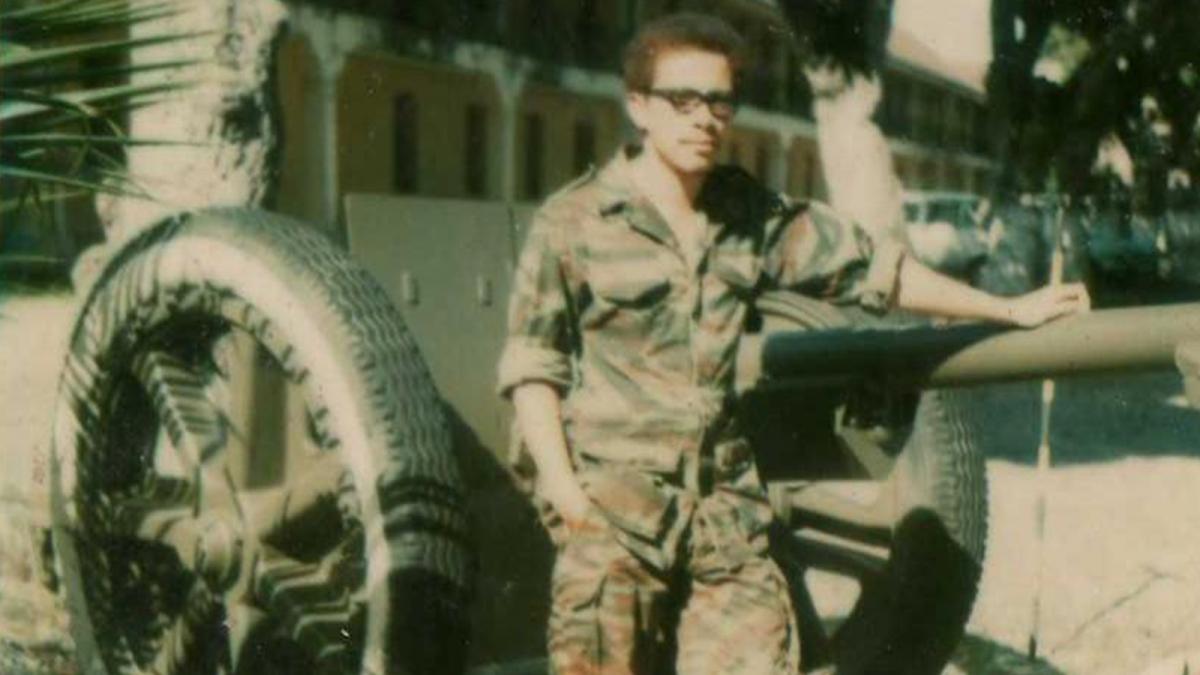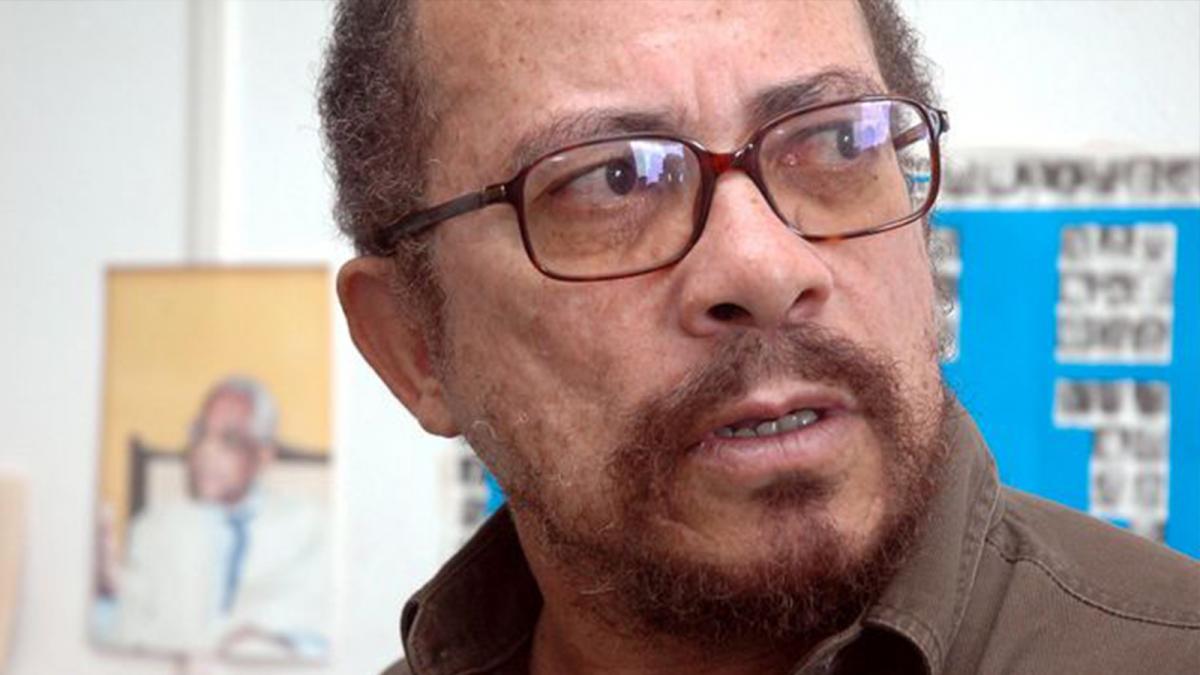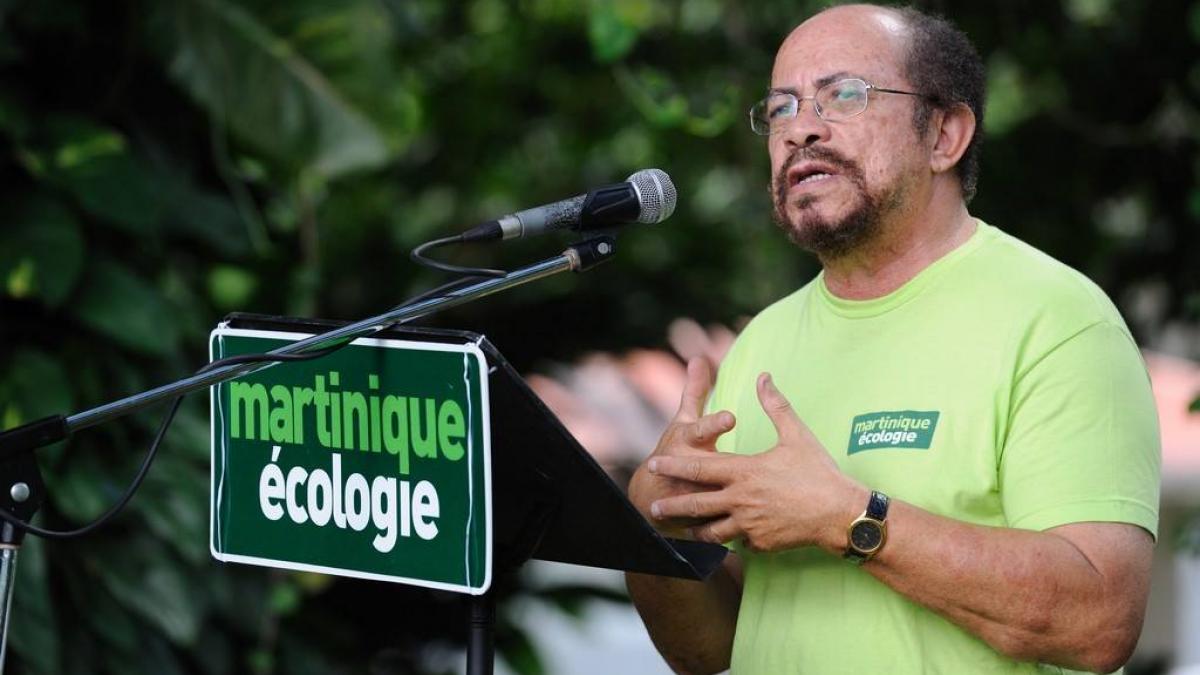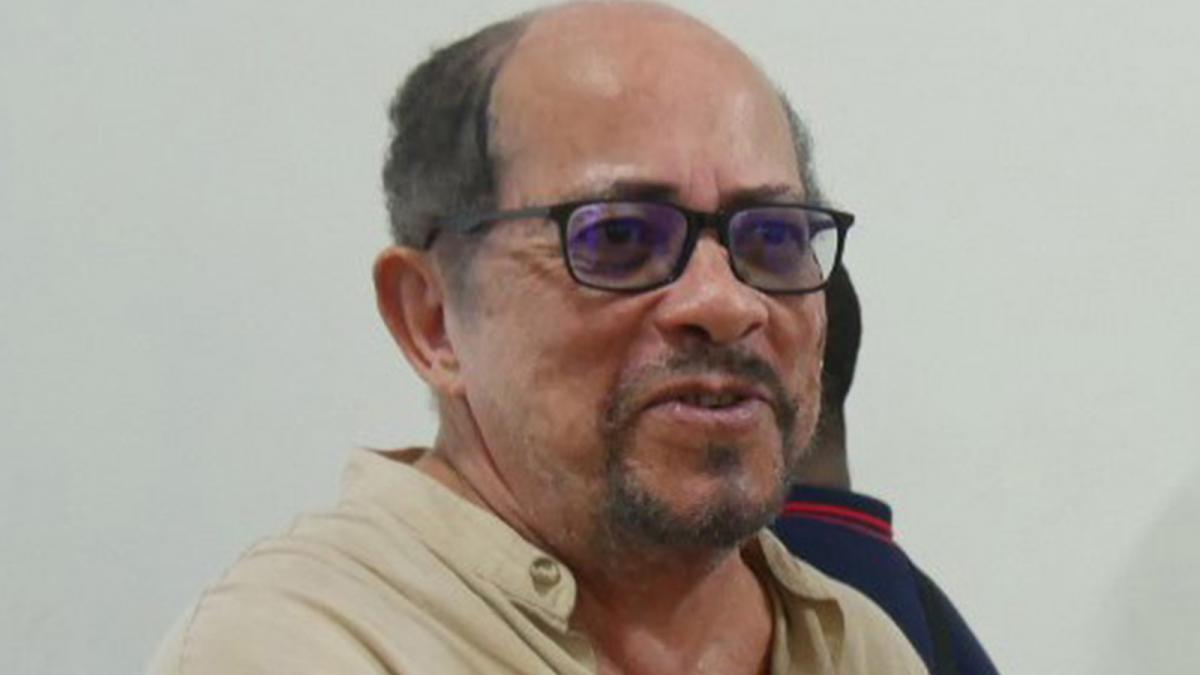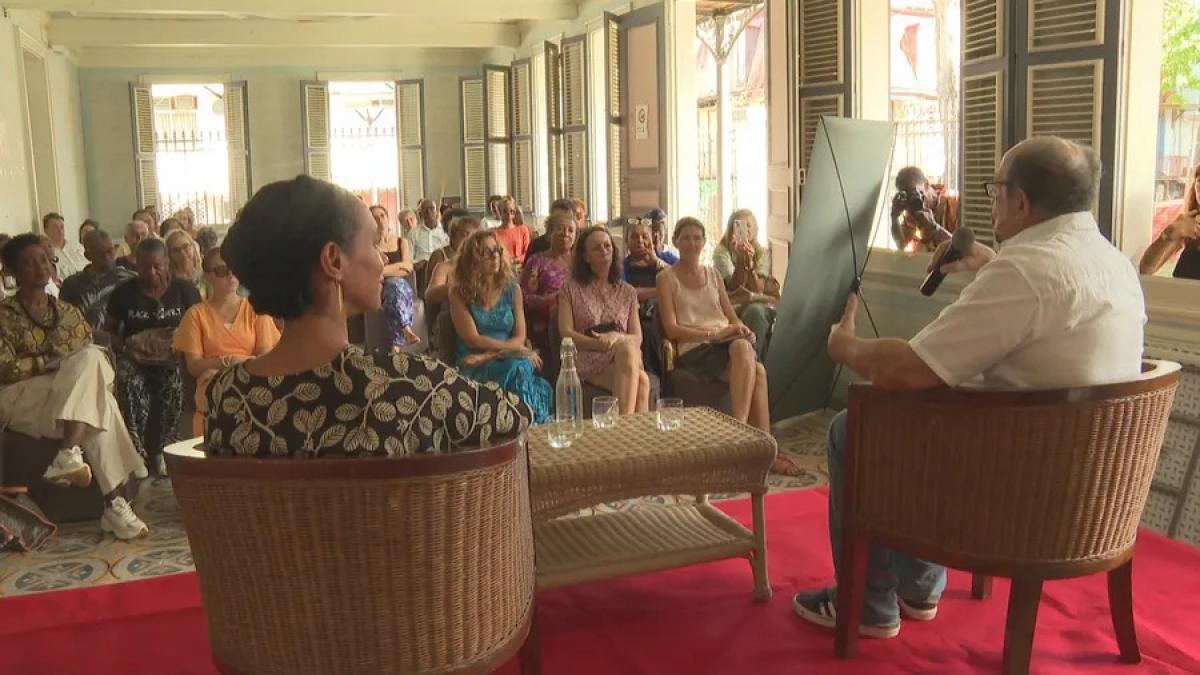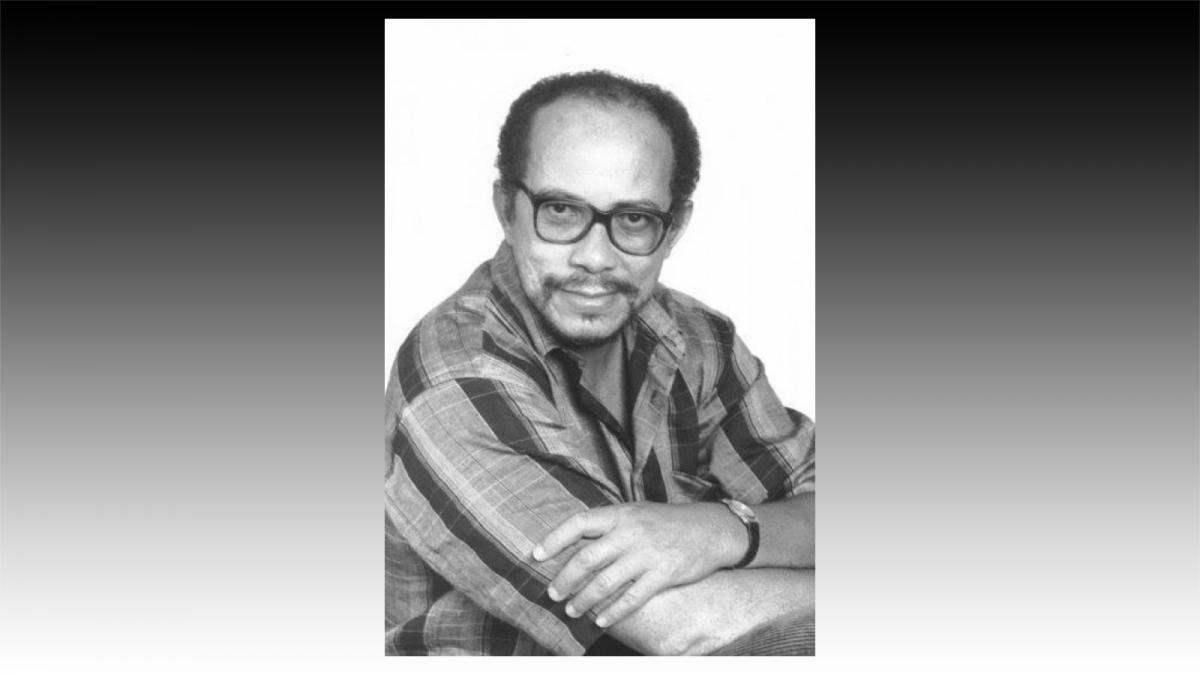Raphaël Confiant, tireless columnist of Creole comedy
Archyde
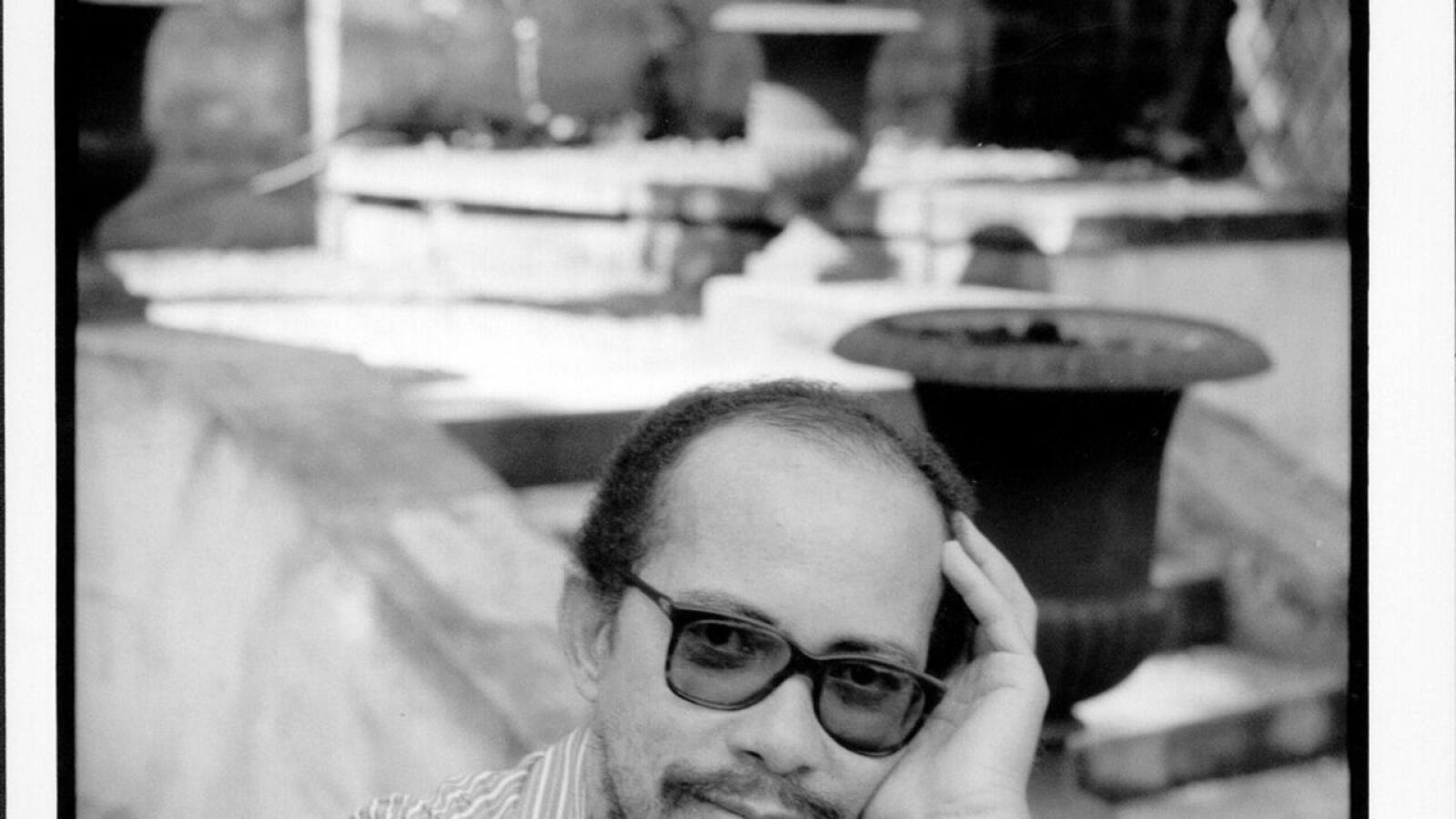
Raphaël Confiant is a major figure in contemporary Martinican literature. With around sixty books to his credit, this prolific author has renewed West Indian literature by reconnecting with the Creole substrate of Caribbean identity. Before being the internationally recognized French-speaking author, Confiant published several novels in Creole.
« I write to fight the feeling of the absurdity of existence that has gripped me from a young age “. This profession of faith, it is that of Martiniquais Raphaël Confiant. With Maryse Condé and Patrick Chamoiseau, Raphaël Confiant constitutes the essential trio of contemporary West Indian literature.
Came to writing in the 1980s with his first novel The Negro and the Admiral who revived the period of the occupation in a Martinique dominated by the alliance of Pétainistes and the most reactionary bekes, the man has built a rich and inventive work, halfway between history and fiction.
« I am unable to write a novel that is not backed by the history of the Antilles, explains the novelist. Our literature is literature that is constrained by history because we have to reclaim our history. We cannot ignore that we are the children of a tragic story and that we somehow have an obligation to take this tragic story into account in our romantic activity. This is why my own novels primarily explore popular memory. »
Shakespeare and Chinua Achebe
Confiant is the author of some sixty books including novels, essays, thrillers, autobiographical stories, militant columns, which testify to the diversity of talents of this prolific author. This production also testifies to the diversity of the sources of inspiration of Raphaël Confiant who studied English literature. He draws his honey as much from Shakespeare and Chinua Achebe as from the French-speaking literatures on which he was nourished at the school of the Republic.
The novelist has also often said his debt to the Quimboiseurs storytellers and their ” word of the night »Which structured his imagination, when he was growing up in his grandparents’ house, in the wild north of the island of Martinique, in the middle of rum factories and sugar cane processing factories. These factories gradually closed in the 1960s, in competition with beet cultivation. It is difficult to know if this feeling of absurdity of existence that he evokes at the beginning of this column was born from the tragedies of industrial bankruptcies on a daily basis which he witnessed as a child.
Still, it is this tragic story of the vanished Martinique, rich in its strata of dispersed populations that Raphaël Confiant tells in his novels. It is a universe populated by colorful men and women, especially marked with the seal of their origins. They are beké, coolies, Syro-Lebanese, mulattos, châbins, capers or blacks. They bear witness to the prodigious diversity of Caribbean society born out of slavery. Three centuries of forced or voluntary interbreeding have inter-mixed peoples and given birth to a Creole culture, made of odds and ends, of entanglement of traditions and beliefs. It is a mosaic and complex culture of which Raphaël Confiant recounts from one book to another the great deeds, but also the alienations and excesses. Also, the most cherished ambition of this author is to see one day his works united under the title of ” creole comedy ».
An almost Balzacian ambition
« So, Creole comedy is indeed a nod to the “Human comedy” de Balzac, readily admits Confident. I want to represent this kind of world built by the shock of several cultures, this kind of cultural cacophony which is the Creole world. We must not forget that the globalization we are talking about today, the meeting of all the cultures of the world, took place first in the archipelago of the Antilles from the 16th / 17th centuries. We have a kind of cultural cacophony that has shaped West Indian culture. My books seek to account for this teeming world. »
From this Creole comedy, Confiant delivers yet another chapter with his new novel, published this fall. His title : From the Morne des Esses to the Djebel, the seventeenth novel from the pen of this outstanding storyteller. Through the ambiguous journeys of three West Indian soldiers in pre-independence Algeria, the author here explores the unspoken of Martinican history.
The story takes place during the Algerian war, so brilliantly analyzed by Frantz Fanon, activist and intellectual. However, the role of Martinique in this war is not reduced to the legendary figure of Fanon. Collective memory has overshadowed the presence of cohorts of West Indian soldiers who often found themselves defending themselves in the hell of this colonial war, one of the bloodiest of the twentieth century.
At the heart of the intrigue, the painful dilemma of the West Indian soldiers, many of whom were torn between their duty as soldiers towards the mother country and their empathy for the Algerian fellagas to which they felt close by their political position in the colonial configuration. The complexity of the situation in which these young conscripts found themselves, often of modest circumstances, is underlined from the first page of the novel. The story opens with a horrific scene from the war in a village in the hinterland where the soldiers are greeted with cries of “terrifying ululations” by modest and veiled women, but showing off their “hairy sexes” to accuse the soldiers of having slaughtered their men.
Through this novel over which the tutelary personality of Frantz Fanon presides, evoked through his works that the protagonists discover along the way, the complex question of the West Indian identity is also posed. A question which runs through all of Raphaël Confiant’s work, and which is embodied in this novel by West Indian soldiers deterritorialized in an Algeria so near and far. They are prisoners of an imperialist history of which they do not necessarily understand all the stakes.
From Morne-des-Esses to Djebel, by Raphaël Confiant. Caribéditions, 424 pages, 21.30 euros.
- Se connecter ou s'inscrire pour publier un commentaire
- 139 vues
Connexion utilisateur
Dans la même rubrique
Top 5 des articles
Aujourd'hui :
- Les "Indiens" d'Oklahoma récupèrent leur territoire ancestral
- Créolité et francophonie: un éloge de la diversalité
- Raphaël Confiant, écrivain prolifique et citoyen engagé
- Raphaël Confiant: un langage entre attachement et liberté
- Mort de Jacques Coursil, jazzman génial et figure méconnue de la modernité noire
Depuis toujours :
- Le grand livre des proverbes créoles
- Les stupéfiantes facultés divinatoires de Concept Lapierre, voyant du Morne-des-Esses
- LA DIFFERENCE CONCEPTUELLE ENTRE LA NEGRITUDE, L'ANTILLIANITE ET LA CREOLITE
- Raphaël Confiant
- Césaire fut "anté-créole" et pas "anti-créole"
Visiteurs
- Visites : 1231075
- Visiteurs : 89318
- Utilisateurs inscrits : 48
- Articles publiés : 309
- Votre IP : 216.73.216.3
- Depuis : 09/05/2022 - 19:37

